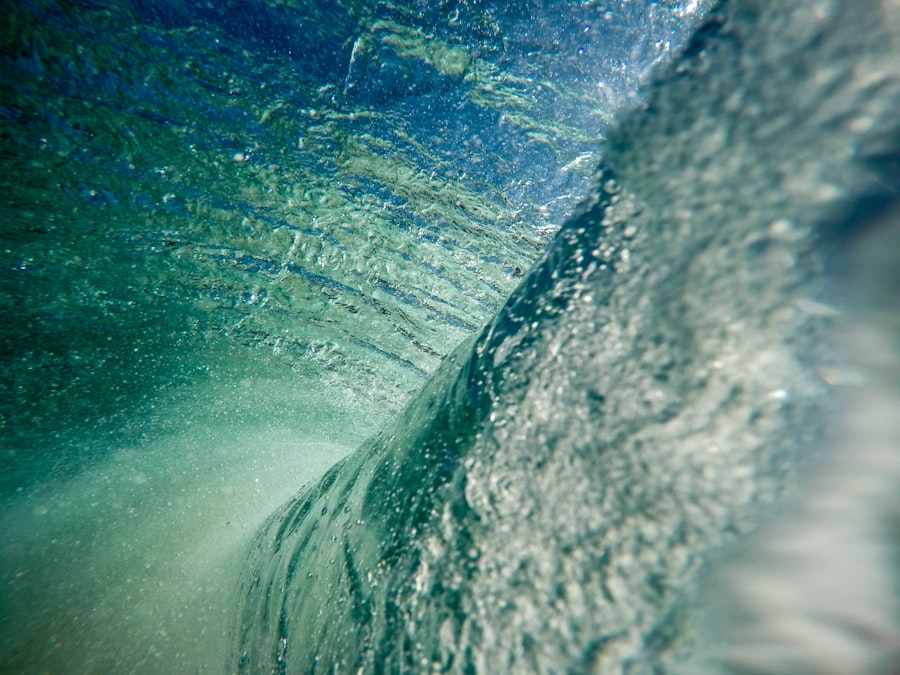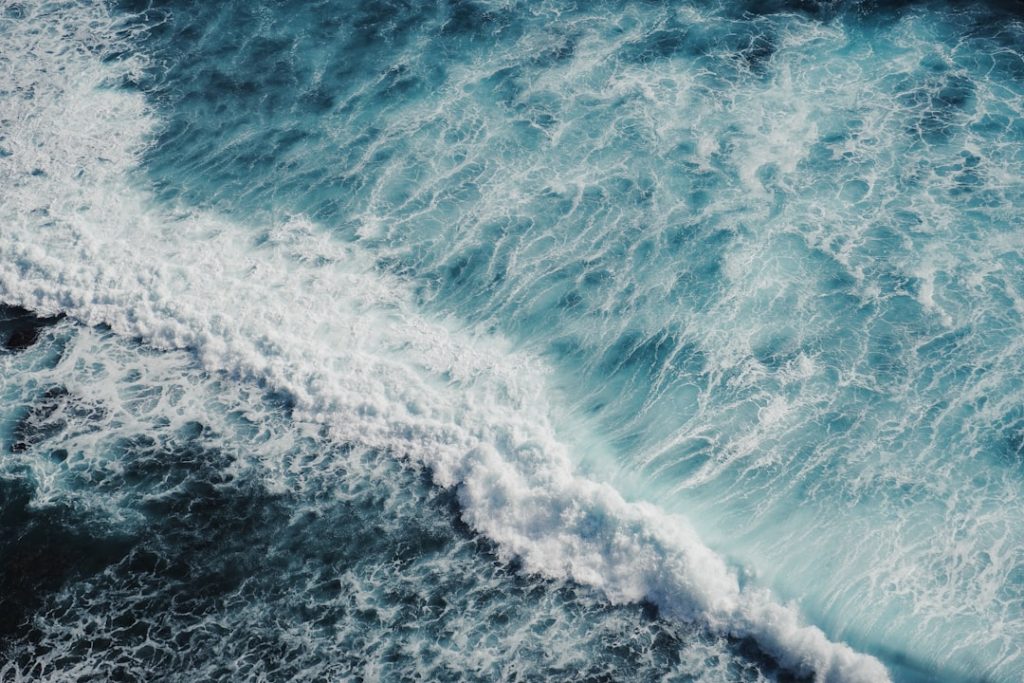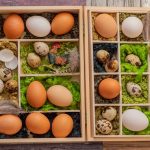Water is a vital component of a chicken’s diet and overall health. Chickens require water for survival and optimal functioning, as it plays a crucial role in digestion, nutrient absorption, temperature regulation, and various bodily processes. During cold weather, it is particularly important to ensure chickens have constant access to clean, unfrozen water.
Dehydration can lead to numerous health issues in chickens, including reduced egg production, poor feather quality, and potentially death. Therefore, chicken owners must prioritize providing adequate water for their flock, especially during winter months. Water also aids chickens in regulating their body temperature.
In cold weather, chickens may consume more water than usual to maintain warmth and internal body temperature. Insufficient water intake can lead to dehydration, making chickens more vulnerable to cold stress and other health problems. It is important to note that chickens cannot tolerate dirty or contaminated water, as it can cause illness and disease.
Consequently, providing clean, fresh water is essential for chickens’ overall health and well-being, particularly in cold weather when water sources are at risk of freezing.
Table of Contents
- 1 Choosing the Right Watering System for Cold Weather
- 2 Insulating the Watering System
- 3 Using Heated Waterers
- 4 Adding Warm Water or Electrolytes to the Water
- 5 Monitoring and Maintaining the Watering System
- 6 Other Tips for Keeping Chickens Healthy in Cold Weather
- 7 FAQs
- 7.1 What are the best ways to keep chickens’ water from freezing outside?
- 7.2 What is a heated waterer and how does it work?
- 7.3 How can I insulate my chickens’ water containers to prevent freezing?
- 7.4 Are there any solar-powered options for keeping chickens’ water from freezing?
- 7.5 What are some other tips for preventing chickens’ water from freezing outside?
Key Takeaways
- Water is essential for chickens’ health and egg production, especially in cold weather
- Choose a watering system that prevents water from freezing and is easy to clean
- Insulate the watering system to prevent freezing and keep water at a suitable temperature
- Consider using heated waterers to ensure water remains unfrozen in cold temperatures
- Adding warm water or electrolytes to the water can help keep chickens hydrated and healthy in cold weather
Choosing the Right Watering System for Cold Weather
Heated Waterers
One option for cold weather is a heated waterer, which is designed to prevent water from freezing in low temperatures. These heated waterers come in various sizes and styles, including heated water fountains, heated buckets, and heated poultry nipples.
Insulated and DIY Solutions
Another option is an insulated waterer, which helps keep the water from freezing by providing an extra layer of protection against the cold. In addition to heated and insulated waterers, some chicken owners opt for DIY solutions such as adding a submersible aquarium heater to a water container or using a heated pet bowl designed for outdoor use.
Important Considerations
These options can be effective in preventing water from freezing in cold weather. It is important to consider the size of the watering system based on the number of chickens in the flock and the climate of the region. Additionally, it is crucial to regularly clean and maintain the watering system to ensure that the water remains clean and free from contaminants.
Insulating the Watering System

Insulating the watering system is an important step in ensuring that chickens have access to unfrozen water during cold weather. Insulation helps retain heat and prevent water from freezing in low temperatures. There are several ways to insulate a watering system, including using foam insulation sleeves or wraps designed specifically for poultry waterers.
These insulation products are easy to install and can help maintain the temperature of the water, preventing it from freezing. Another option for insulating the watering system is to place it inside a well-insulated coop or shelter. This can provide additional protection against the cold and help keep the water from freezing.
It is important to regularly check the insulation and make any necessary adjustments to ensure that the watering system remains effective in preventing freezing. By insulating the watering system, chicken owners can help ensure that their flock has access to clean and unfrozen water throughout the winter months.
Using Heated Waterers
Heated waterers are a popular choice for chicken owners looking to provide unfrozen water for their flock during cold weather. These specialized waterers are equipped with built-in heating elements that prevent the water from freezing in low temperatures. Heated waterers come in various styles and sizes, including heated fountains, heated buckets, and heated poultry nipples.
They are designed to withstand cold temperatures and provide a reliable source of unfrozen water for chickens. One advantage of using heated waterers is that they require minimal maintenance compared to DIY heating solutions. Heated waterers are designed to automatically regulate the temperature of the water, ensuring that it remains unfrozen without constant monitoring or adjustment.
Additionally, some heated waterers are energy-efficient and cost-effective to operate, making them a practical choice for chicken owners. It is important to follow the manufacturer’s instructions for installation and maintenance to ensure that heated waterers remain effective in preventing freezing during cold weather.
Adding Warm Water or Electrolytes to the Water
In addition to using heated waterers and insulating the watering system, chicken owners can take additional steps to ensure that their flock stays hydrated during cold weather. One option is to add warm water to the drinking containers throughout the day. This can help prevent the water from freezing and provide chickens with a source of warmth during cold temperatures.
Adding warm water can also encourage chickens to drink more frequently, helping them stay hydrated and maintain their body temperature. Another option is to add electrolytes to the water to provide chickens with essential nutrients and minerals. Electrolytes can help support hydration and overall health, especially during periods of stress such as cold weather.
There are commercial electrolyte supplements available specifically designed for poultry, or chicken owners can opt for homemade electrolyte solutions using ingredients such as sugar, salt, and baking soda. It is important to follow recommended guidelines for adding electrolytes to the water to avoid over-supplementation.
Monitoring and Maintaining the Watering System

Preventing Dehydration and Disease
Regularly checking the water containers for signs of freezing and cleaning any ice buildup is crucial for preventing dehydration in chickens. It is also important to regularly clean and sanitize the watering system to prevent contamination and disease transmission within the flock.
Temperature Control
In addition to regular maintenance, it is important to monitor the temperature of the water and make any necessary adjustments to prevent freezing. Using a thermometer or temperature sensor can help chicken owners keep track of the water temperature and take action if necessary.
Heated Waterer Maintenance
It is also important to regularly check the heating elements in heated waterers and ensure that they are functioning properly.
Other Tips for Keeping Chickens Healthy in Cold Weather
In addition to providing access to clean and unfrozen water, there are several other tips for keeping chickens healthy during cold weather. Providing adequate shelter and insulation in the coop can help chickens stay warm and comfortable in low temperatures. Adding extra bedding such as straw or wood shavings can provide additional insulation and warmth.
Feeding a balanced diet rich in nutrients can also help support chickens’ overall health during cold weather. High-quality feed with added protein can help chickens maintain their body temperature and energy levels. Additionally, providing enrichment activities such as hanging treats or toys can help keep chickens active and engaged during periods of confinement due to cold weather.
Regular health checks and monitoring for signs of illness or distress are also important during cold weather. Keeping an eye on your flock’s behavior and appearance can help identify any potential health issues early on. Seeking veterinary care if necessary can help ensure that any health concerns are addressed promptly.
In conclusion, providing access to clean and unfrozen water is crucial for keeping chickens healthy during cold weather. Choosing the right watering system, insulating it properly, using heated waterers, adding warm water or electrolytes, monitoring and maintaining the watering system, and implementing other tips for keeping chickens healthy are all essential steps for ensuring that chickens thrive in low temperatures. By taking proactive measures to provide adequate hydration and support their overall well-being, chicken owners can help their flock stay healthy and comfortable throughout the winter months.
If you’re looking for more tips on keeping your chickens healthy and happy, check out this article on 10 essential features for a chicken coop. It covers important aspects of coop design and maintenance that can help ensure your chickens stay comfortable and safe, including tips for keeping their water from freezing in the winter.
FAQs
What are the best ways to keep chickens’ water from freezing outside?
There are several methods to prevent chickens’ water from freezing outside, including using heated waterers, insulating the water containers, and using solar-powered water heaters.
What is a heated waterer and how does it work?
A heated waterer is a water container with a built-in heating element that prevents the water from freezing. It typically plugs into an electrical outlet and keeps the water at a temperature that prevents freezing.
How can I insulate my chickens’ water containers to prevent freezing?
You can insulate water containers by wrapping them in foam insulation or using insulating materials such as bubble wrap or old blankets. This helps to retain the heat from the water and prevent it from freezing.
Are there any solar-powered options for keeping chickens’ water from freezing?
Yes, there are solar-powered water heaters available that use the sun’s energy to keep the water at a temperature that prevents freezing. These can be a sustainable and cost-effective option for keeping chickens’ water from freezing outside.
What are some other tips for preventing chickens’ water from freezing outside?
Other tips for preventing chickens’ water from freezing outside include using black containers to absorb heat from the sun, placing water containers in a sheltered area, and using water additives that lower the freezing point of water.
Meet Walter, the feathered-friend fanatic of Florida! Nestled in the sunshine state, Walter struts through life with his feathered companions, clucking his way to happiness. With a coop that’s fancier than a five-star hotel, he’s the Don Juan of the chicken world. When he’s not teaching his hens to do the cha-cha, you’ll find him in a heated debate with his prized rooster, Sir Clucks-a-Lot. Walter’s poultry passion is no yolk; he’s the sunny-side-up guy you never knew you needed in your flock of friends!







